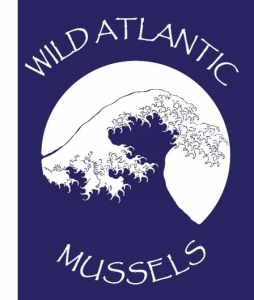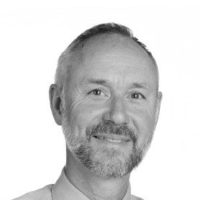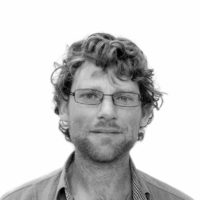
WAM – Wild Atlantic Mussels

- Title
-
WAM – Wild Atlantic Mussels
- Start Year
-
2018
- End Year
-
2021
- Funding body
-
BIM -Bord Iascaigh Mhara, Knowledge Gateway Scheme (EMFF50%, Exchequer50%)
- Research Area
-
Aquaculture, Marine, Coastal
- Research partner/host
-
MaREI, the SFI Research Centre for Energy, Climate and Marine, Environmental Research Institute, UCC, Ireland. ACRI, France. The Marine Institute, Foras Na Mara, Galway, Ireland.
Introduction
Mussel Aquaculture makes up a relatively small fraction of the total value of national aquaculture, with the national production of approximately 10,000 tonnes and a value of approximately €7.5m. Growth in the sector has remained relatively stagnant in recent years (BIM, 2017). Nevertheless, as a native species, with naturally occurring spat falls, and with positive environmental consequences, mussel culture offers several advantages over other (currently more lucrative) sectors such as (Pacific) oyster and salmon farming. Mussel culture in Ireland is currently confined to inshore waters, usually in sheltered bays yet recent international innovations in production techniques have illustrated the possibilities of scaling up production to offshore waters (Brenner et al., 2012; Jansen et al., 2016) and there is a clear potential for similar innovation in Irish waters to enable a resurgence in the national mussel industry and to meet the needs of national and European ambition for Blue Growth.
These ambitions for sustainable development of marine resources are clearly established in Harnessing Our Oceans Wealth (2014), which is aligned with European objectives for blue growth and environmental sustainability. Ireland also has obligations under the Marine Strategy Framework Directive to achieve Good Environmental Status and is currently developing marine spatial plans under the Marine Spatial Planning (MSP) Directive. As part of this MSP process, Ireland is obliged to define zones for aquaculture at a national scale. Expansion of the Irish mussel aquaculture industry therefore has the potential to meet national objectives for blue growth while simultaneously helping to meet environmental targets.
In order to establish the basis for offshore mussel production nationally we are undertaking a three year, holistic study to investigate the political, social, financial, technical, and environmental dimensions of the expansion of offshore mussel culture with the aim of identifying the most suitable locations and techniques; garnering political and social support, establishing the technical and financial feasibility and effectively disseminating the results to the national industry.
Work Packages
Work Package 1 – Project management.
This work package will provide coordination and budget management, oversee the project communication, and ensure the delivery of outputs.
Work Package 2 – Policy Focus
The purpose of this work package is to illustrate how mussel culture can help to achieve multiple legal and policy objectives simultaneously resulting in political win-wins.
Outputs: The major output of WP 2 will be a position paper and associated policy brief for a national government, these will provide substantive and concrete evidence and action base to garner political and public support providing the basis for integrated policy, supporting the Blue Economy and the ongoing reform of the licensing process.
Work Package 3 – Technical Feasibility
The experimental field site, Kenmare. This experimental deployment will be a sentinel site, comprising actual mussel lines to be monitored at the proposed site for a period of 18 months. Concomitant measurement of oceanographic parameters and Chlorophyll levels will be used to ground-truth remotely sensed information which will then enable extrapolation of results on an all Ireland basis.
Outputs: Data and information to inform bioeconomic modelling and financial analysis reports.
Work package 4 – Industry and public engagement and technology transfer
In order to ensure the project is efficient in generating a public good, WAM will host a series of 5 regional meetings (North West, West, Southwest, South, and East) to engage with aquaculture practitioners and other relevant stakeholders with the aim of promoting the new technologies and detailing its environmental, economic characteristics and potential in national waters.
Outputs: Report on regional uptake and list of potential candidate sites for future development
Work package 5 – Bioeconomic modelling with market and financial analysis:
Incorporating biological, environmental and engineering data from WP3 as well as the latest market data, monte carlo simulation will be used to assess multiple economic and financial risks and develop reliable probabilities of success to enhance strategic planning and enable informed investment choices.
Outputs: Report on the financial viability and risks for offshore mussel culture in the context of current and likely future market trends.





